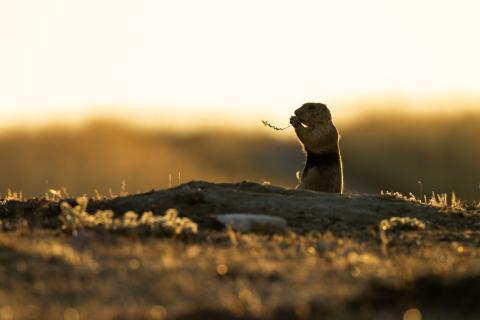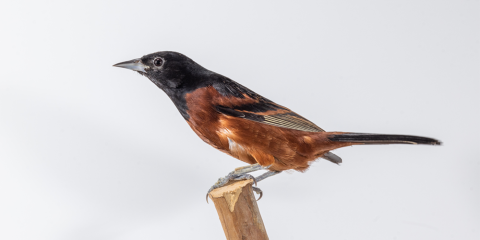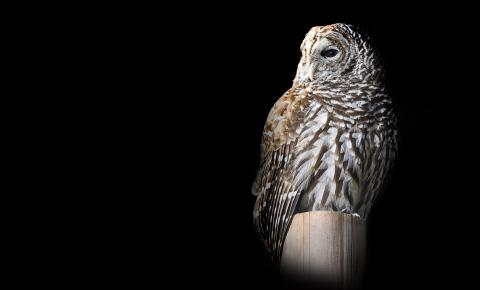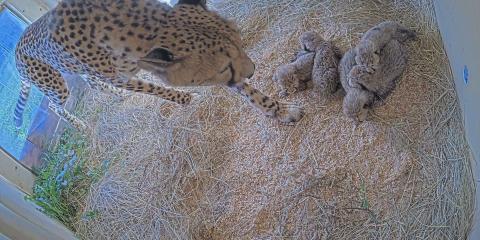News
Displaying 176 - 200 of 2345
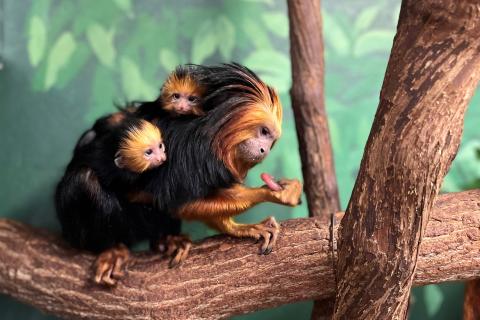
October 24, 2023
Even Monkeys Should Eat Their Vegetables! ›
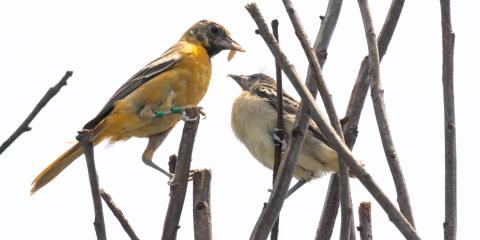
October 23, 2023
Egg-citing News: Bird House Welcomes Oriole Chicks ›
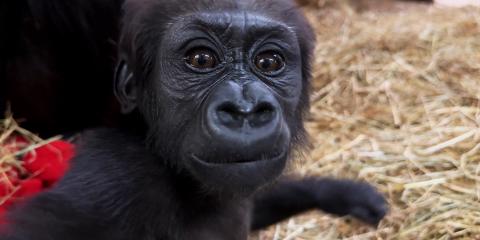
October 20, 2023
#GorillaStory: Mothers Know Best ›
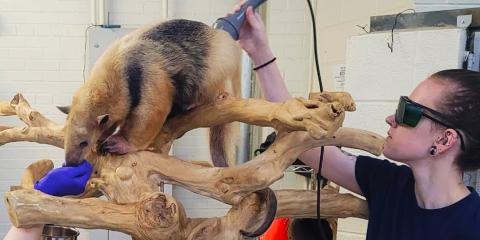
October 13, 2023
Celebrating National Veterinary Technician Week: 2023 ›
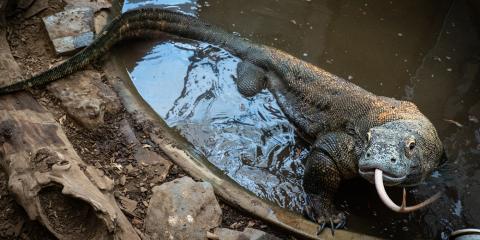
October 12, 2023
Meet Our Komodo Dragon, Murphy ›
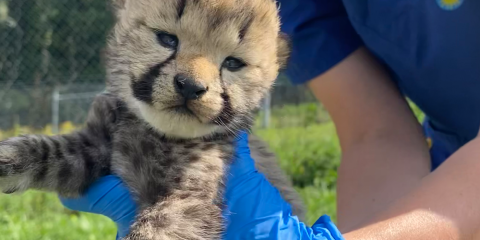
October 06, 2023
#CheetahCubdate: New Cubs, New Den ›

October 02, 2023
Some Amazing Friends ›
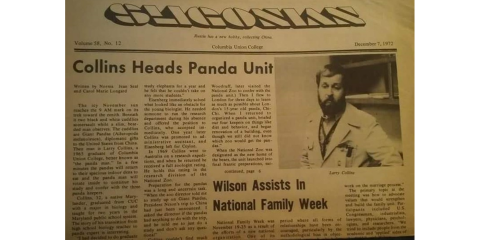
October 02, 2023
He Helped Create the First Panda Team ›
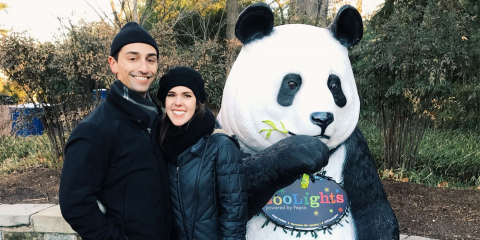
October 02, 2023
He Held My Hand ›

September 29, 2023
Operating Status Update ›
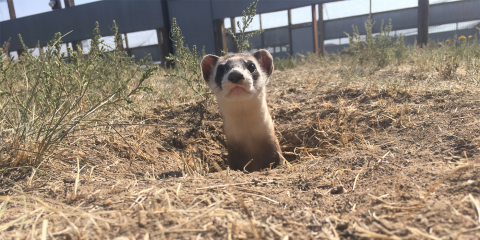
September 26, 2023
Black-footed Ferret Kit Update: Six Reasons to Celebrate! ›
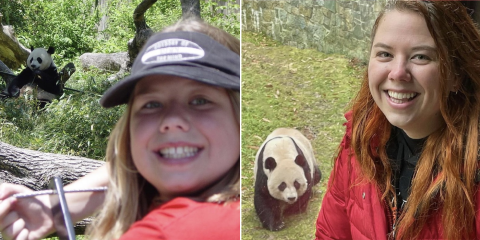
September 25, 2023
Such Incredible Memories ›

September 25, 2023
I Can Remember Every Detail ›

September 25, 2023
A Piece of My Heart ›
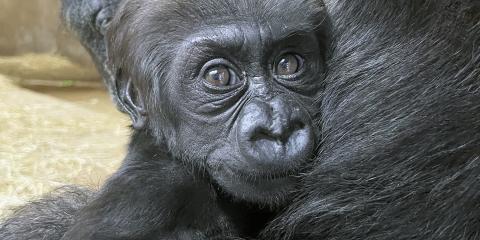
September 22, 2023
#GorillaStory: Zahra Goes for a Ride ›
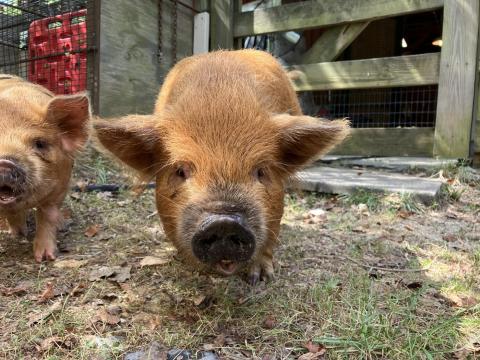
September 12, 2023
New at the Zoo: Kunekune Pigs! ›
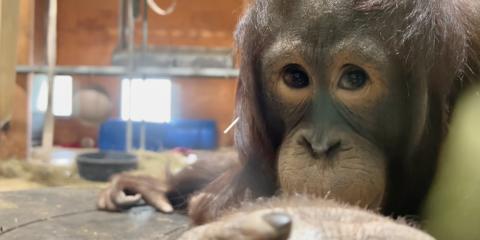
September 12, 2023
#OrangutanStory: Happy 7th Birthday, Redd! ›

September 11, 2023
